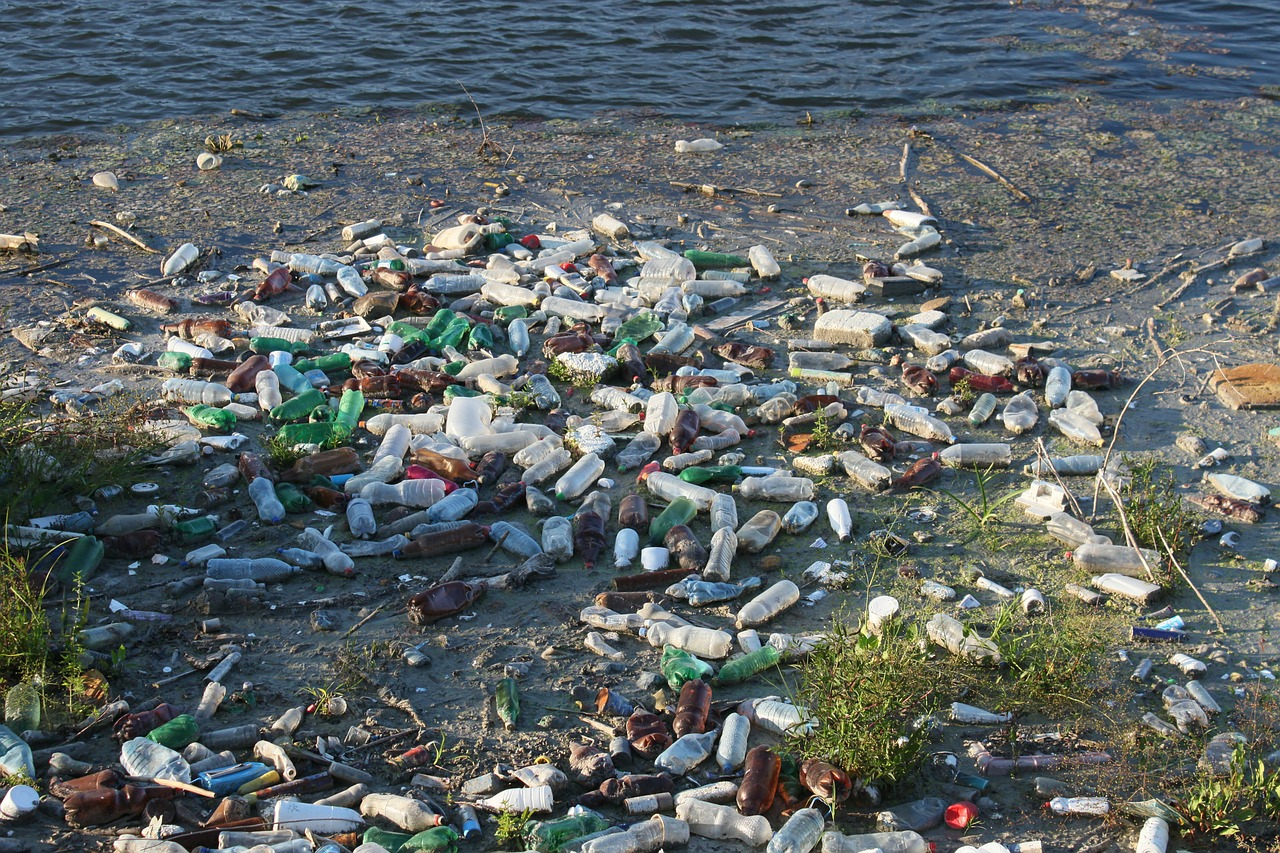Login Form
Registration
Profile Information
Login Data
or login
The Impacts of Mismanaged Waste
Tuesday, August 7, 2018 12:29:34 PM America/New_York

Studies conducted by the Proceedings of the National Academy of Sciences (PNAS) have found that almost 88 percent of the Earth’s ocean surface has been polluted by plastic waste. These studies have raised concerns around climate change, marine life, food chains and plenty more. Trash has traveled all throughout the Earth’s river and oceans, gathering on beaches and geysers. If you’ve ever wondered “how does waste affect our environment?”, you’re about to find out. Beware impacts of mismanaged waste may shock you.
Impacts of Mismanaged Waste
The effects of littering are terrifying, especially plastic trash. It poses the highest potential for harm to our environment, wildlife, and humans. Plastic has been found floating at the surface and sunken to the floors of many large bodies of water. Transported by rivers to oceans, plastic debris is often eaten by birds and fish, concentrating chemicals in their tissues.
Effects on the Habitats
Most people wonder “how does trash affect humans?”, but what about the surrounding habitats? The accumulation of plastic debris on ocean surfaces can create lower light levels. The decrease in light leads to a reduction of oxygen levels making specific habitats unable to support aquatic life. This will inevitably result in a decline in the number of species.
A change in light levels can disrupt benthic habitats from supporting life. The word “benthic” refers to anything occurring on the bottom of a body of water. Animals and plants that live in these habitats are called benthos. Coral reefs are part of the benthic habitat. They are home to 25 percent of all marine life. The decrease in this resource will increase endangered species.
Issues Associated with Ingestion of Waste
The impacts of mismanaged waste take place internally as well. Animals of land and sea ingest waste. Seabirds, fish, and sea turtles are highly susceptible to consuming waste. In most cases, debris is confused for food. For example, sea turtles readily consume plastic bags because they have a similar appearance to jellyfish and other gelatinous prey. Predatory organisms, like seals, will indirectly absorb most plastic materials through consumption of fish who have consumed plastic particle themselves. The toxicity levels of these organisms are rapidly rising. This is a horrific cycle that can easily be prevented.
Montella, Inc. is Your Trusted Waste Collector
Don’t let your waste affect you and the ecosystems around you. You can put your trust in our dumpster services at Montella, Inc. Contact us today for more information on how you can effectively get rid of your waste!


